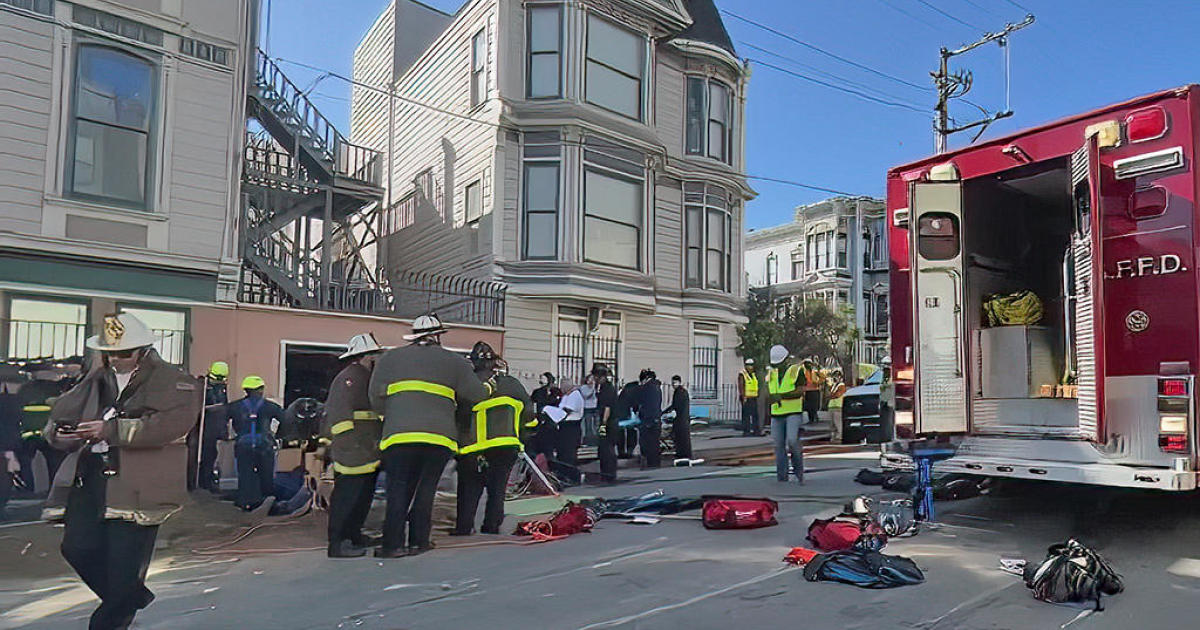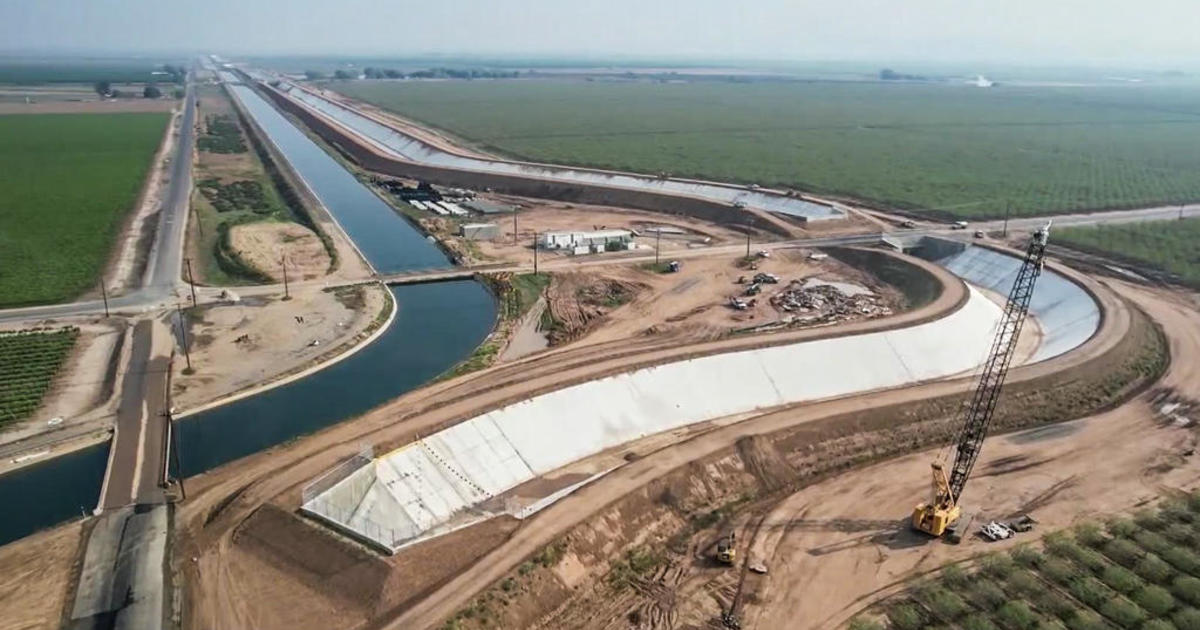California Earthquake Warning System Stymied By Budget Shortfall
SAN FRANCISCO (CBS 5) - A system giving Californians warning of an impending earthquake may not be operational any time soon despite the success of similar programs in other countries.
Both Japan and Mexico already have a means for early warning, as do Taiwan, Turkey and Romania.
The Japanese government made a nearly billion-dollar investment after the Kobe earthquake in 1995 when nearly 6,500 people were killed. In Mexico, citizens get warned via text before the ground shakes.
A dearth of funding, not domestic effort has thwarted progress in California.
Scientists at the United States Geological Survey, University of California, Berkeley and the California Institute of Technology have developed a test system which would give a few seconds to almost a minute of warning before an earthquake.
According to one model which mimics the seismic circumstances of the 1989 Loma Prieta earthquake, people in San Francisco and the East Bay would receive over twenty-five seconds of lead time.
Meanwhile, researchers at Stanford University are working on a means for gathering seismic data which will require the help of members of the public, part of a program called the "Quake Catching Network."
"The goal is to use a bunch of those recordings and figure out where the earthquake started from and how big the amplitudes are," says Jesse Lawrence at the school's department of Geophysics.
However promising the research and its projections, state and federal budget constraints are slowing further progress.
American geologists believe implementation in California would cost between $80 and $150 million to monitor and reach the entire west coast of the United States.
They worry that it may take a disaster to create the political will to proceed. "If you kill a bunch of folks, you get funding and the national will to build an early warning system," commented the USGS's Doug Given.That sort of skepticism is not echoed as profoundly in all of the geological labs throughout the state.
UC Berkeley's Dr. Richard Allen is more optimistic that an early warning system will be made available to the public within the next few years, and he is confident that it will have a major impact on safety. "If you have a few seconds where you can take cover under a sturdy table, then you are far less likely to be injured by an earthquake."
Some money has started to come in. The Gordon and Betty Moore Foundation, based in Silicon Valley, is giving $6 million over the next three years to researchers to develop a more robust system. "What we tried to do is end a strong pulse and a strong signal to both federal agencies and also private potential adopters that we think it's worth it and it is time to move forward now," said the foundation's Cynthia Atherton.
For now, the existing beta system only reaches a handful of law enforcement, public agencies and private companies and none of the Moore foundation's money will go towards implementation.
Scientists are grateful for such donations, but Given believes that the program will get the balance only after the next big quake: "It's tough budget times and there is nothing that motivates politicians like disaster," said Given.
(Copyright 2012 by CBS San Francisco. All Rights Reserved. This material may not be published, broadcast, rewritten, or redistributed.)



